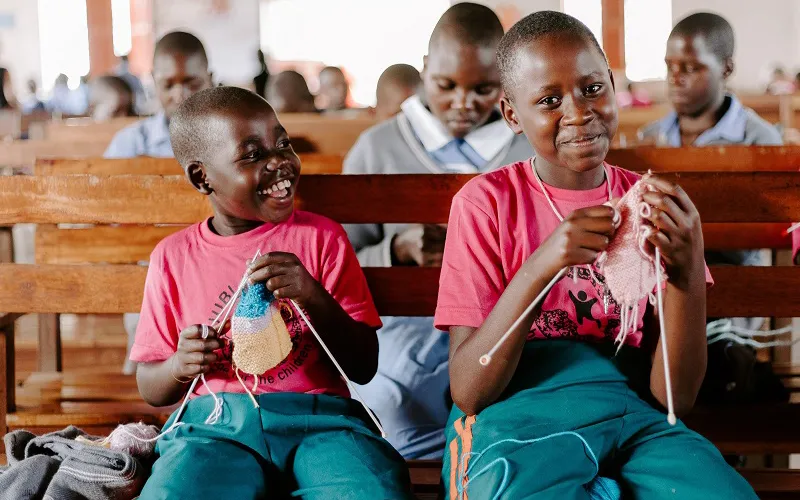Nairobi, 11 April, 2021 / 9:30 pm (ACI Africa).
An upcoming international colloquium organized by members of the Society of Jesus (Jesuits) in Africa and Madagascar (JCAM), is a response to Pope Francis’ 2019 Apostolic Letter “Vos estis lux mundi” that establishes procedural norms on dealing with sexual abuse in the Church, officials have said.
In a Tuesday, April 6 report obtained by ACI Africa, the leadership of JCAM says that the three-day virtual seminar being organized under the theme, “African Child: Promoting a Consistent Culture of Protection, Care and Safeguarding in Church and Society,” aims to, among other things, “develop a concrete response to Pope Francis’ clarion call to say ‘never again’ to every form of abuse.”
Scheduled to take place from April 28-30, the academic seminar also aims to “contribute to the global ‘task regarding all of us as the People of God’ to create a safe environment for all, especially children, in Church, family and society,” the report published on JCAM’s website indicates.
During the seminar, participants are expected to have the opportunity to “present current research, thinking and best practice in the field of child protection and safeguarding from multiple perspectives in the context of the Church, family and society in Africa.”
The Jesuit-organized virtual engagement is set to “convene practitioners and experts, alongside theologians and other scholars, to explore together the challenges, tasks and commitments presented by sexual abuse of children and vulnerable adults for the Church, family, and society in Africa.”








